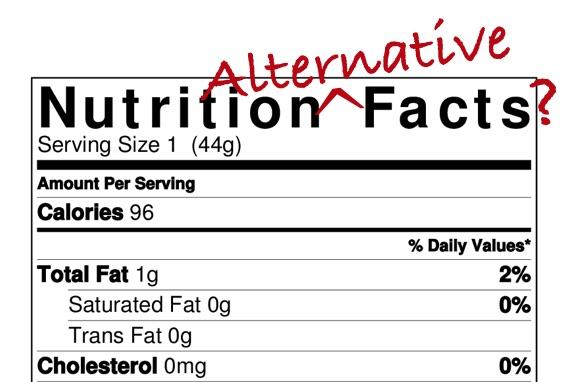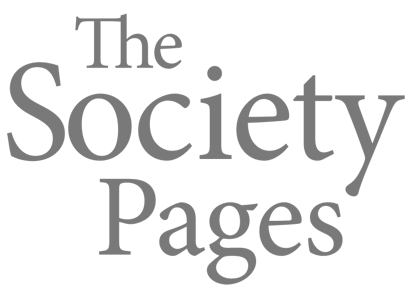
Is butter or margarine healthier? Is red wine good for your heart? Is a low-carb and high-protein diet better than a low-fat diet? Determining what foods and diets are healthy is a complicated and confusing process, particularly as scientific knowledge develops and the media reports on these changing recommendations alongside fads and trends. Media coverage of scientific research can overlook important details and simplify the findings in ways that obscure information. One potential downside of this confusion is that people could come to distrust nutritional science and disregard health recommendations that are based on sound research.
Rebekah Nagler, an assistant professor in the School of Journalism and Mass Communication at the University of Minnesota, set out to assess whether people think the media has conflicting and ambiguous coverage of health and nutrition information, and if these contradictions lead to lower trust in nutrition recommendations and avoiding healthy habits. Using nationally representative data of U.S. adults from the 2010 Annenberg National Health Communication Survey, Nagler found that most people reported coming across conflicting media reports on nutrition, and those who reported more exposure to this information were also more confused about nutrition. This confusion was associated with a backlash against nutritional science and lower intentions to engage in healthy behaviors.
This CLA research shows how the way the media covers science and health matters for how people perceive nutrition and think about their own diet and lifestyle behaviors.

